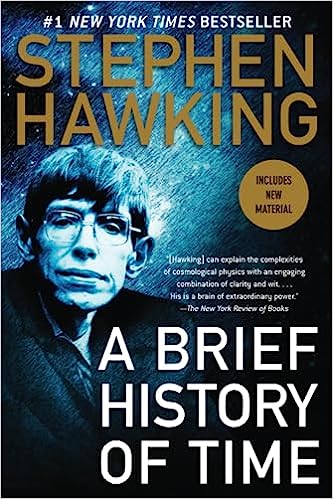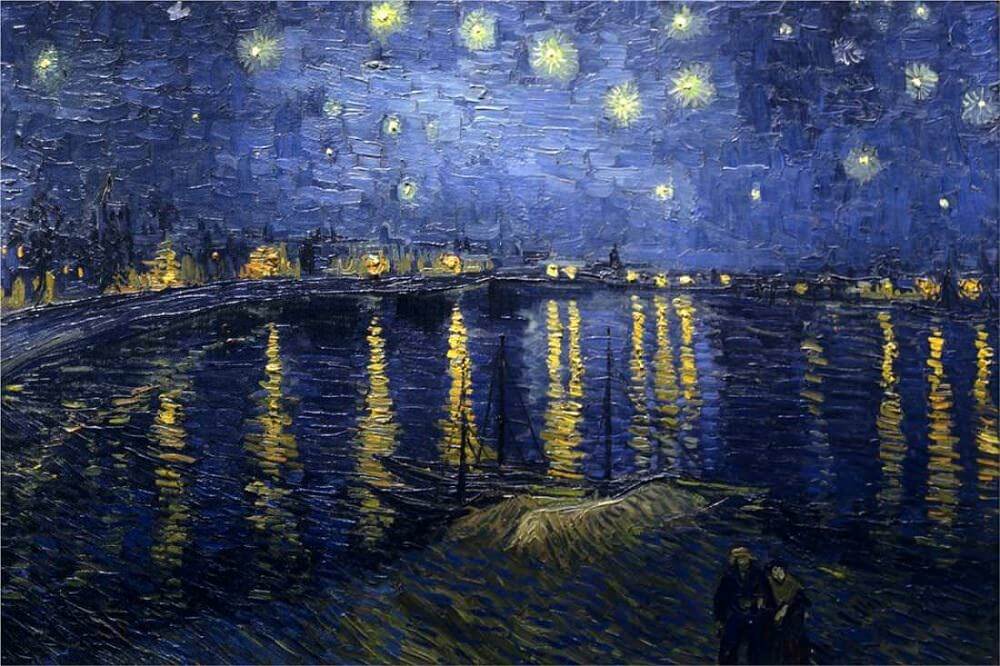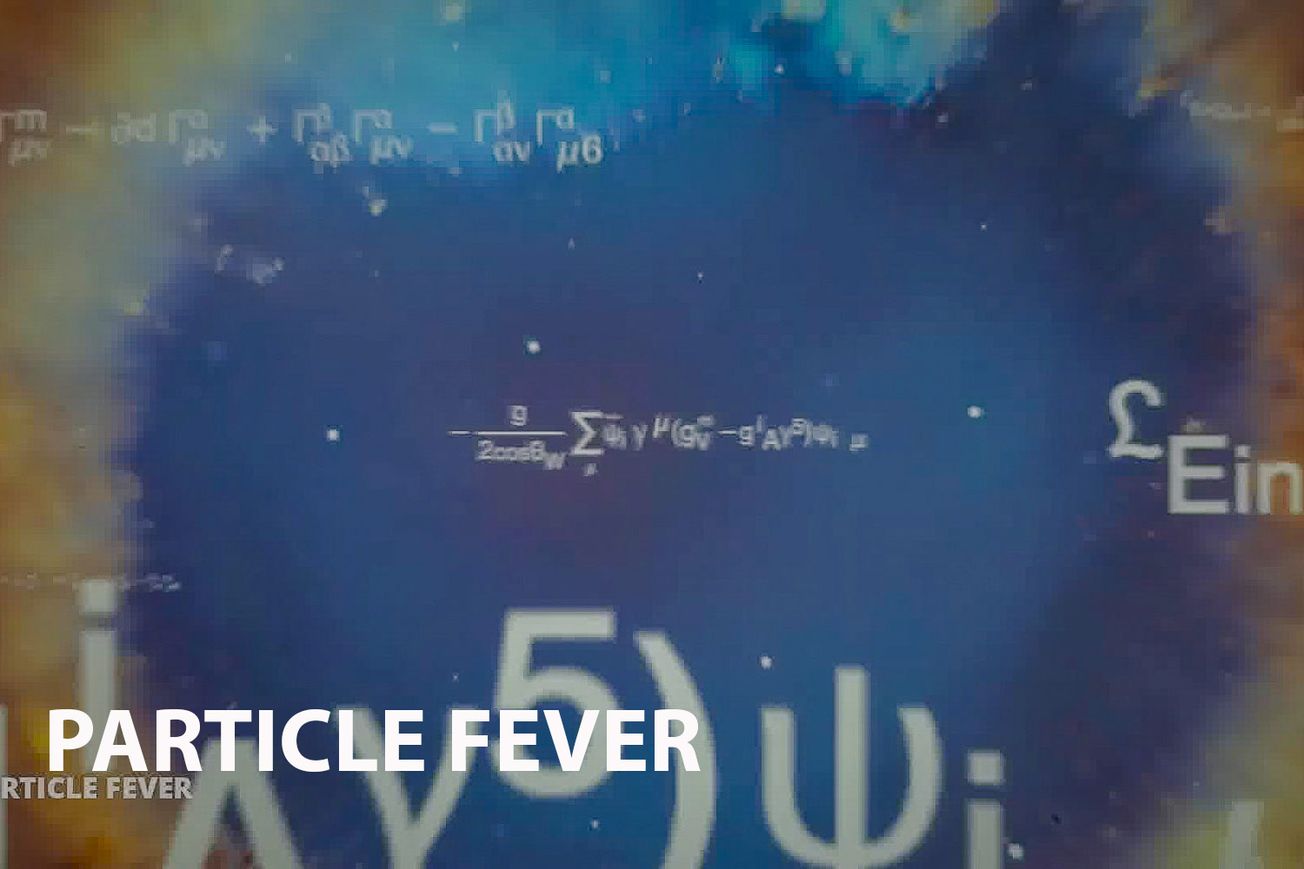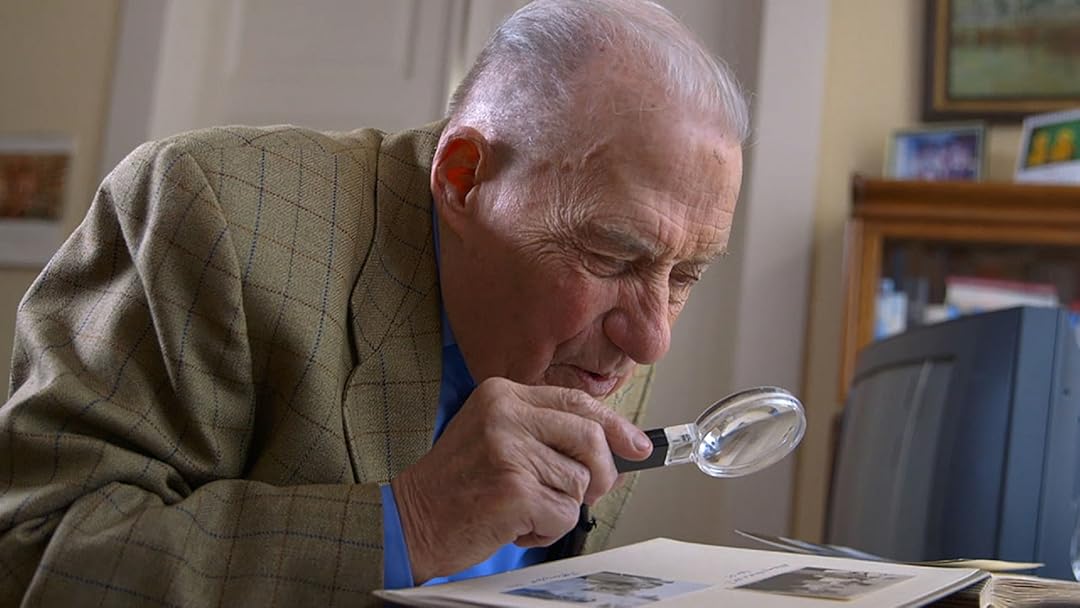Keywords: Particle Fever, Large Hadron Collider, Higgs boson, physics, science documentary
Introduction:
"Particle Fever", directed by Mark Levinson and released in 2014, takes viewers on an exciting journey into the world of particle physics. The documentary revolves around the launch of the Large Hadron Collider (LHC), the world's largest and most powerful particle accelerator. In an era where the understanding of our universe is constantly evolving, "Particle Fever" offers a unique insight into one of the most significant scientific experiments of our time.
Synopsis:
The documentary follows a group of physicists as they prepare to launch the LHC with the hope of making the most significant scientific discovery of all time - the Higgs boson, often referred to as the 'God particle'. Their journey is fraught with anticipation, excitement, and the looming risk of failure.
More film analysis
Analysis:
"Particle Fever" utilizes an observational approach, giving viewers a front-row seat to the highs and lows of groundbreaking scientific research. The depth of subject exploration is impressive, with complex scientific concepts presented in an accessible way.
Historical and Factual Context:
The Large Hadron Collider is a marvel of modern science. Built by the European Organization for Nuclear Research (CERN), it's a testament to human curiosity and our quest to understand the universe.
Key themes of the film:
- The pursuit of knowledge and understanding
- The role of science in advancing society
- The human drama behind scientific discoveries
Film Comparisons:
Unlike other science documentaries, "Particle Fever" focuses on the human aspect of scientific discovery, putting a human face on the often impersonal world of particle physics.
Noteworthy Moments:
The tension-filled moment of the LHC's first successful run stands out as a testament to human achievement.
Reviews:
The documentary received positive reviews from critics for its ability to make complex scientific concepts accessible to the general public.
Conclusion:
"Particle Fever" is a compelling exploration of the human aspect of scientific discovery. It's a must-watch for anyone interested in science and the quest for understanding our universe.
More film information:
Awards: 6 win & 4 nominations: Sheffield International Documentary Festival, Adelaide Film Festival, Chlotrudis Awards, Cinema Eye Honors Awards USA, PGA Awards
PERSONALITIES:
Fabiola Gianotti: Italian physicist, CERN director-general
David Kaplan: American theoretical physicist
LOCATIONS:
CERN, Switzerland
Large Hadron Collider, Switzerland
Links for further exploration
Large Hadron Collider - CERN: https://home.cern/science/accelerators/large-hadron-collider
The Higgs Boson - The Guardian: https://www.theguardian.com/science/2011/dec/13/higgs-boson-lhc-explained
Key Questions Raised by the Film:
What are the potential implications of this discovery?
I wonder what the film would be in another art form :



"A Brief History of Time" by Stephen Hawking - if it was a famous book, because it makes complex scientific concepts accessible.
"The Scientist" by Coldplay - if it was a famous song, as it reflects the emotional journey of scientific discovery.
"Starry Night" by Van Gogh - if it was a famous piece of art, as it represents the mystery and beauty of the universe.
Neil deGrasse Tyson - if it was a famous celebrity, as he is known for making science accessible to the public.
Dark blue - if it was a colour, symbolizing the vastness and mystery of the universe.
Classical - if it was a music style, as it reflects the complexity and depth of the subject.








